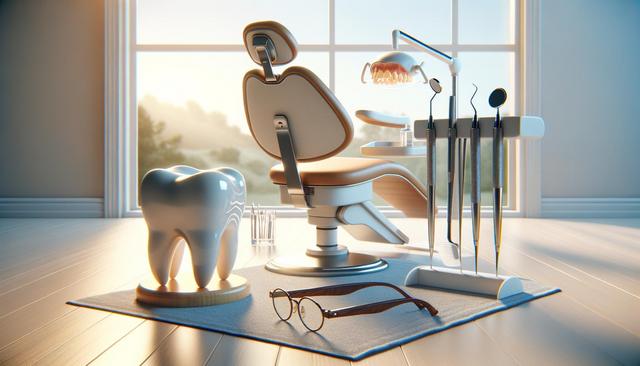Why Dental Care is Essential for Seniors
As individuals age, maintaining oral health becomes increasingly important. Seniors often face a unique set of dental challenges, including dry mouth, receding gums, and a higher risk of root decay. These issues can significantly affect overall health, especially when left untreated. Seeking professional dental services tailored to seniors helps in preventing pain, infection, and even systemic health problems like heart disease or diabetes complications. Regular check-ups and targeted treatments are vital in identifying concerns before they become more serious.
Moreover, many older adults have dental prosthetics, such as dentures or bridges, which require maintenance and sometimes replacement. Without proper dental care, these devices may not function well, leading to discomfort or difficulty eating. A skilled dentist for seniors understands these complexities and offers services that support not only oral hygiene but also the comfort and dignity of aging individuals.
Preventive Dental Services Tailored to Seniors
Preventive care remains a cornerstone of healthy aging, and this is particularly true for dental health. Dentists who specialize in caring for seniors offer preventive treatments that focus on preserving natural teeth and minimizing oral discomfort. These services often include:
- Comprehensive oral exams and professional cleanings
- Fluoride treatments to reinforce tooth enamel
- Sealants to protect against decay in molars
- Personalized oral hygiene education for caregivers and seniors
Preventive dental services are not just about avoiding cavities—they’re about supporting long-term wellness. By catching issues early, seniors can avoid more invasive procedures and maintain better quality of life. Dentists also monitor for early signs of oral cancer, which is more common in older adults, ensuring that any concerns are addressed promptly.
Specialized Treatments for Common Senior Dental Issues
Dental needs evolve with age, and specialized treatments help address these changes effectively. One common issue is dry mouth, often caused by medications or medical conditions. Dentists may recommend saliva substitutes, prescription rinses, or other techniques to manage this condition. Gum disease is another concern, and targeted periodontal therapy can help control inflammation and prevent tooth loss.
For seniors with missing teeth, dental implants and custom dentures are common solutions. These treatments restore functionality, improve speech, and enhance confidence. A dentist experienced in geriatric care will ensure that these options are both comfortable and practical, taking into account the individual’s health status and preferences. In some cases, coordination with other healthcare providers is necessary for the best outcome.
Mobility and Accessibility Considerations
Accessibility to dental care can be a challenge for seniors, especially those with mobility issues or chronic conditions. Many dental practices now offer accommodations such as wheelchair-accessible facilities, home visits, or transportation assistance. Some clinics are specifically designed with senior-friendly features, including:
- Non-slip flooring and handrails
- Comfortable seating and short wait times
- Flexible appointment scheduling
- Clear communication and patient education materials
These thoughtful adaptations help reduce anxiety and make routine dental visits more manageable. For seniors living in assisted care facilities, mobile dental clinics provide essential services without the need to travel. Dentists who prioritize accessibility contribute to more consistent oral care and better overall outcomes for aging patients.
Choosing the Right Dentist for Senior Care
Selecting a dentist for seniors involves more than just proximity. It’s important to find a provider with experience in geriatric dentistry, a compassionate approach, and a clear understanding of age-related conditions. Many seniors benefit from dentists who offer multidisciplinary care or who work closely with physicians and caregivers to coordinate treatment plans.
When evaluating dental providers, consider asking the following questions:
- Does the practice offer services specifically for seniors?
- Are staff trained to work with individuals who have cognitive or physical limitations?
- What payment options or insurance plans are accepted?
- Is the facility equipped to serve patients with mobility aids?
Taking the time to choose a well-regarded dental professional can improve not only oral health but also the overall experience of care. Reviews and recommendations from friends, family, or local senior centers can also guide the decision-making process.
Conclusion: Oral Health as a Foundation for Senior Well-Being
Maintaining oral health throughout the senior years is a critical aspect of aging well. From preventive services to specialized treatments and accessibility-focused care, dentists who cater to seniors help ensure that older adults can enjoy comfort, functionality, and dignity. Choosing the right dental provider can make all the difference in preserving natural teeth, managing chronic conditions, and supporting overall health. For seniors and their caregivers, prioritizing routine dental visits is a proactive step toward a healthier and more confident life.


